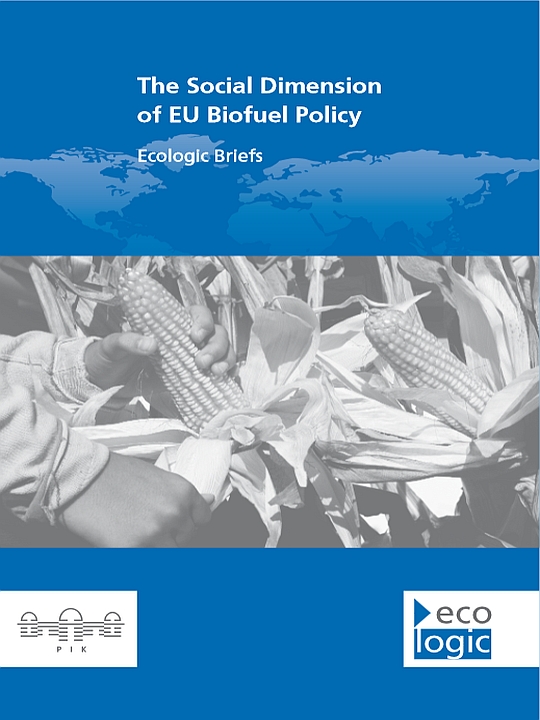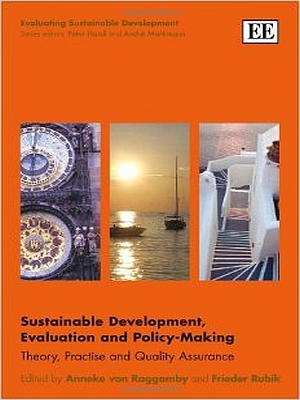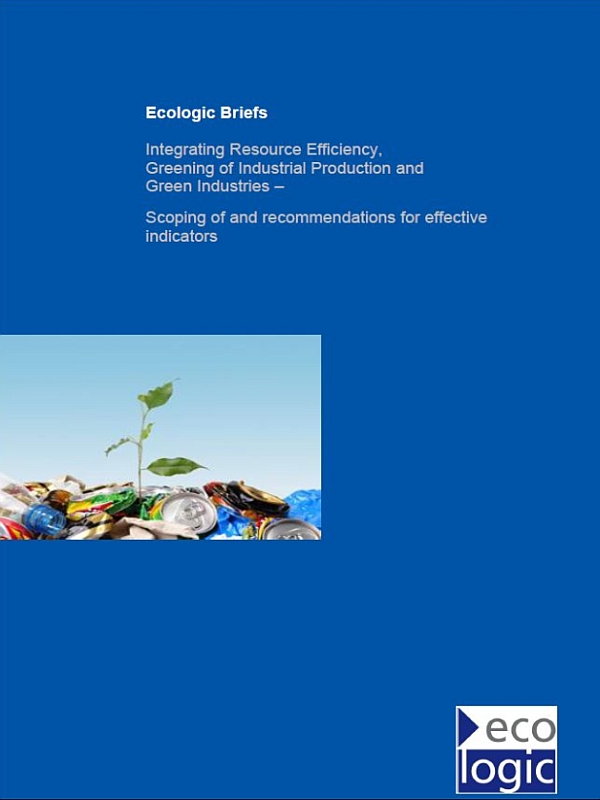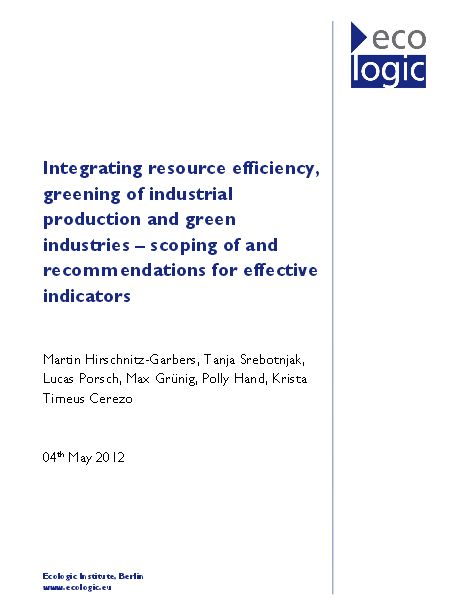The Social Dimension of EU Biofuel Policy
- Publication
- Citation
Kaphengst, Timo; Stephanie Wunder and Krista Timeus 2012: The Social Dimension of EU Biofuel Policy. [Ecologic Briefs on International Relations and Sustainable Development]. Berlin: Ecologic Institute.
In the early 2000s, biofuels were seen as a panacea for several environmental and economic challenges. In more recent years, however, their promotion has faded substantially. With the ongoing expansion of biofuel production worldwide, serious doubts have been raised about their sustainability and potential to reach environmental targets. This Ecologic Brief provides an assessment of the extent to which social aspects of biofuel production are addressed in current EU policies. It also explores possible ways of enhancing, reshaping, or extending existing policies in order to ensure the sustainable production of biofuels. The Ecologic Brief is available for download.
The most important EU biofuel policy - the Renewable Energy Directive - was adopted in 2009, setting legally-binding targets for the use of renewable energies. It specifically requires that 10% of all transport fuels must stem from renewable sources by 2020 in all Member States. Furthermore, liquid biofuels contributing towards the attainment of this target have to fulfill certain sustainability criteria. While environmental criteria (e.g. on greenhouse gas emissions and protection of biodiversity-rich areas) have been specified under the Directive, social aspects are only indirectly addressed by so-called "reporting duties".
The first Commission report on social sustainability of biofuels was due by the end of 2012, but has not yet been published.
This Policy Brief was produced in the context of the Biofuel as Social Fuel?-project, which was funded by the German Ministry on Research and Education (BMBF) and aimed at highlighting the social dimensions of the EU biofuel policy. It provides a discussion on the main policy drivers of the biofuel expansion, the impacts of this expansion, and the extent to which social aspects are already addressed in current EU policies. More specifically, it examines how far social requirements are implemented and where there are gaps in ensuring sustainable biofuel production.



